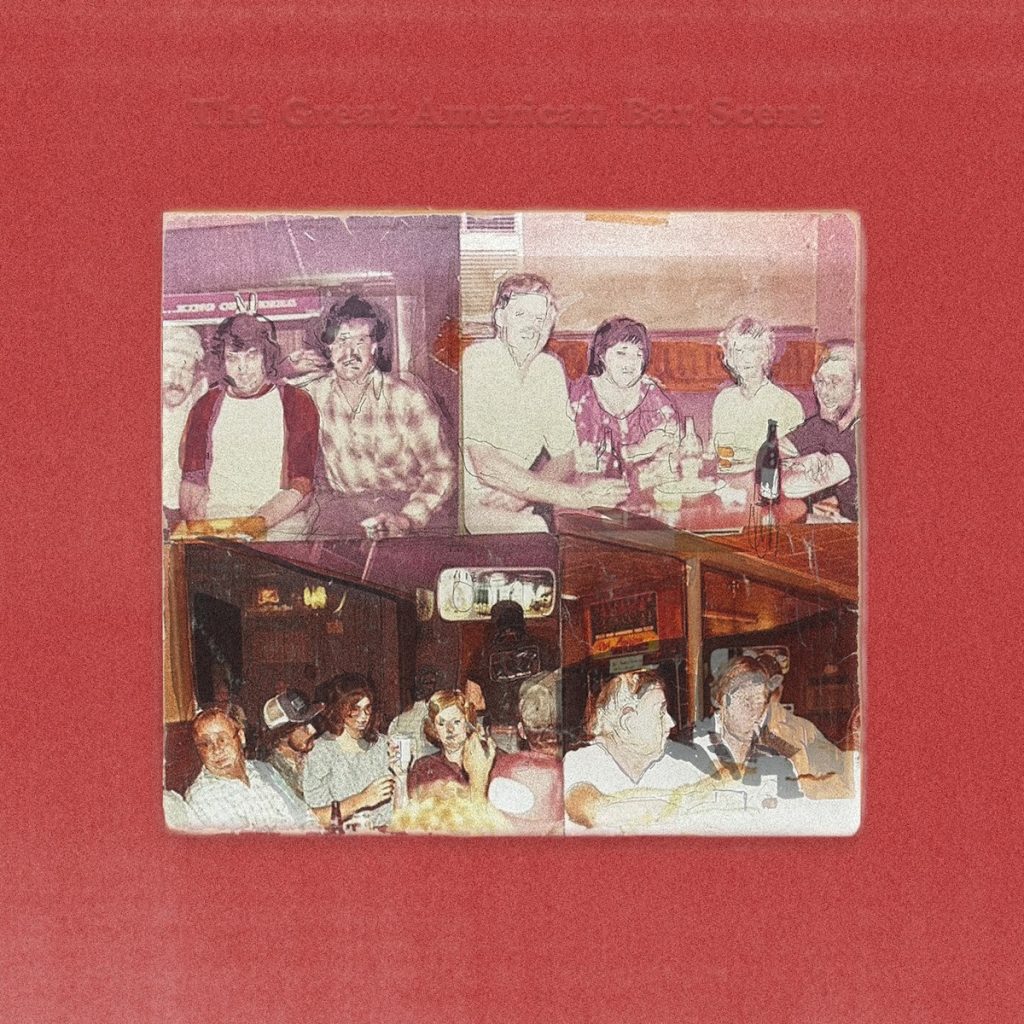ALBUM REVIEW: Zach Bryan Goes Wide, Not Deep, on ‘The Great American Bar Scene’

Because of the combination of his abundant skill, emotional vulnerability, earnest reverence for his artistic predecessors, and generally self-effacing style, it’s tempting to ignore, or at least downplay, the essential Gen Z bro-ness at the heart of Zach Bryan’s songcraft. But it is, to paraphrase the words of featured artist John Moreland on “Memphis; the Blues,” one of the standout cuts on Bryan’s new album The Great American Bar Scene, the skeleton key to the chain around his chest.
And really, between an active X account, a gregarious, off-the-cuff stage presence, and, perhaps most importantly, the release of more than 120 songs in the last five years, even the most third-person of which come loaded with a confessional aura, it’s not hard to get a bead on Bryan. In those dozens upon dozens of songs he’s written, he’s relentlessly self-aware about his youth, yet struggles to find a way out of his own perspective as a suddenly successful twenty-something. This means he often seems to lean exceedingly on his own subjective experience as hard-touring musician, touting a kind of sensitive individualism built upon tales from the road, intense periods of romantic entanglement, and all of the missing lived experiences of a still-just-28-year-old who jumped directly from military service into musical stardom.
Throughout Bar Scene, Bryan seems perpetually trying to find greater meaning in his relatively thin biography. He interrogates rough moments from childhood and alcohol-fueled carousing and offers love songs and character sketches earnestly written in homage to his influences. Those influences include his current touring partner, Jason Isbell, as well as Tyler Childers, Turnpike Troubadours, and, most notably on this album, Bruce Springsteen, who guests on “Sandpaper.”
“Are the old ways dead or livin’ in my head,” he ponders on “Mechanical Bull,” as if cosplaying as Jackson Maine from “A Star is Born” while pondering friends having kids and his own unlikely success in the modern era (“I’m digging out of a hole I never dug”). On “American Nights,” he intermingles snapshots of his parents with views of friends in gambling trouble and memories of sneaking out in their trucks to the shore as they “drank bottles bone-dry.”
It’s tough to read such moments as real criticisms — there’s a general sense of peace Bryan seems to find even in moments that seem imbued with a sense of fatalism. On “Boons,” he pleads, “let me die out here / with a hammer in a beer” as he has “found everything I need / real deep in the boons.” The song also admirably paints a portrait of locals in the Quick Stop line (“they say hello every time / no concern for politics”) that hints at the stubbornly apolitical approach Bryan has taken in interviews and on X.
That kind of willful disregard for the larger import of his songwriting heroes’ storytelling, as well as his own, gets to the heart of Bryan’s particular brand of individualism, and it is likely what speaks to the particular generational appeal he has. There’s a hardened indifference to our polarized politics and fragmented media and cultural landscape; rather, Bryan seeks refuge in taking stock of one’s individual experiences and mental health.
That zeitgeisty feel shows up not just in Bryan’s lyrics, but also in the overall approach of his arrangements and release strategy. His torrent of songs over the last five years is a pace more in keeping with a mixtape-dropping rapper flooding the streaming zone. That, along with his commitment to a bare-bones, monochromatic sound (mostly acoustic shuffles and ballads, with bits of twinkling piano and trumpet to offer some grandeur) feels like it is done with streaming and TikTok in mind. Whether by accident or design, it fits a generational moment that downplays blockbuster record-making moments in favor of an endless string of content.
The sheer volume of his songs, along with how specifically they map onto the contours of his own experience, create a kind of narcotic effect that is not unlike listening to Joe Rogan’s podcast for hours on end. The endless stream can dull the sharpness of everything while too often indulging in pure navel-gazing brought on by the excess.
It’s hard not to want more for Bryan, to see him slow down and push himself toward true greatness, especially given his writerly inclinations. From his perspective, I’m sure it seems like it’s hard to knock what works. But there’s a genuine distance between his work and his influences that seems possible to bridge.
Zach Bryan’s Great American Bar Scene was released July 4 on Warner Records.



